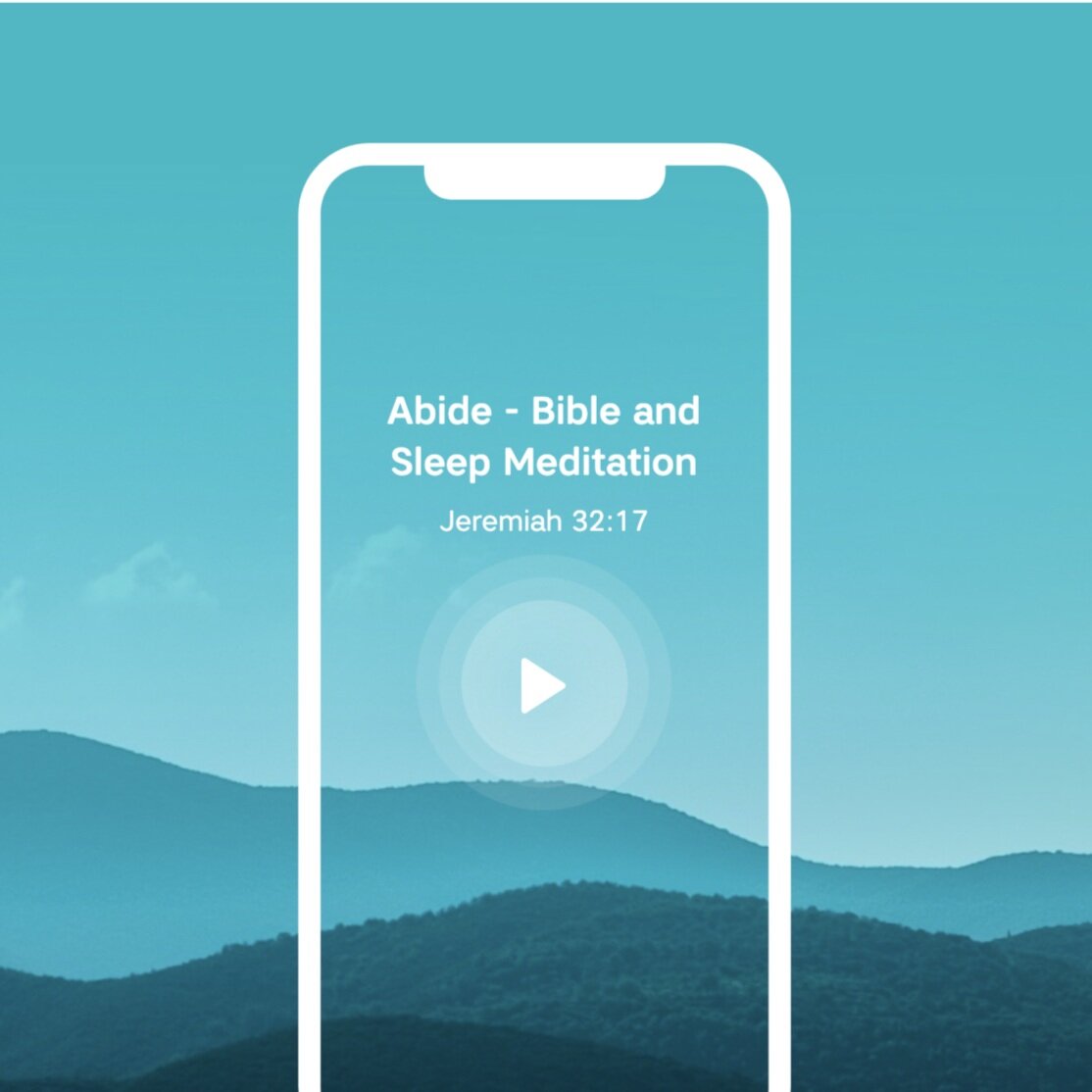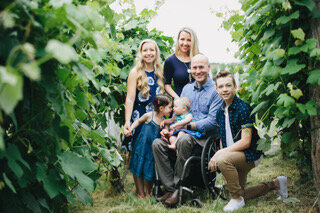
My Love/Hate Relationship with the UN SDGs
By Ben McLain, Senior Impact Advisor of Impact Foundation
The SDGs are a worthwhile framework, but there are significant flaws, and it will require meaningful collaboration among faith-driven investors to ensure the SDGs are actually useful and beneficial to the Christian investing community.

Investing for Kingdom Impact
By Steve Doerr, COO of Impact Foundation
What is our role as “faith driven” investors? Should we think about the issue of financial return differently than those who are not faith motivated?

The ministry of investing and wealth creation
Guest Author: Patrick Kuwana (CEO of C3 Capital)
The figure of speech that ‘money speaks’ is very real; and necessitates that as followers of Jesus Christ we ask ourselves the critical question - ‘What is the money that God has given me to steward saying and who is it actively working for?’ This question becomes even more critical for us who have been called into the ‘ministry of investing and creating wealth’ through our profession.

Abound Capital: Innovative Financing in SouthEast Asia
The company’s namesake comes from the first chapter of Philippians, where Paul writes of his hope that the Philippian church’s “love may abound.” But how can a company focused on creating entrepreneurial abundance stay rooted to the seemingly antithetical call for love abundance?

What is the purpose of business? Milton Friedman wasn’t all wrong
The trend of corporate activism has caused me to examine the appropriate role of business, generally, and a company, particularly. In reading Friedman’s original text, I discovered he’s been misquoted. Friedman wasn’t completely wrong, but he also didn’t have the full picture.

Woke Activism & Biblical Stewardship
We all agree there is a lot of brokenness in our world, but is it corporate America’s job to solve them all? What role should I play as a consumer? As an investors? Am I part of the problem in advocating for companies to act for positive social change?

Hayden Harper Holdings strives for workplace leadership that honors God
How do we impact our own teams, in our most immediate sphere of influence as faith-driven and mission-focused leaders? Over the past 20 years at Hayden Harper, Mike has learned to seek God’s direction for fostering a workplace that reflects Him, and ask each person in the office to hold the company accountable to its founding mission.


Building Bridges of Opportunity
“We decided that day that we were going to take back everything the earthquake had stolen,” Julie says. They built a job-training center out of a tarp and plywood they’d found in the streets. They began cutting up rubber with razor blades. They went to work, every day, and others joined them. After 10 months, they’d created a prototype.
Ten years later, it’s a real company.

When We Work We Eat
The U.N. is predicting that because of COVID-19 and the global lockdown, there could be 265 million people starving by the end of the year. This news is truly devastating, overwhelming. It is another crushing blow to an already distressing 2020.
AND YET, it should not surprise us. A world on "lockdown" can't work. If we don't work, we don't eat.

Think Native: Leveraging Technology for Human Flourishing
Imagine you just received a life-changing medical diagnosis. You stumble out of the doctor’s office thinking, “What do I do? How will I get through this?” Then imagine immediately finding yourself connected with someone who walked through the exact same journey. That’s just one kind of powerful connection the peer support platform Think Native facilitates daily.

LivFul: Justice Through Health Innovation
“When will I feel safe? When will things go back to normal? When the curve flattens? When a vaccine is created?”
As the world continues to reel in response to the COVID-19 pandemic and economic fallout, those in the developed world are particularly shaken by this microbial threat and all the uncertainty surrounding it. But in many parts of the globe, particularly Sub-Saharan Africa and South-East Asia, these kinds of dangers are normal parts of daily life.

Abide: Sharing God’s Comfort During COVID
A pandemic, racial injustice, economic uncertainty, prolonged isolation — it does not take long to come up with a list of factors contributing to the current increase in mental health crises across the United States. Jokes about “quarantinis” lose their humor as studies continue to point to an increase in substance abuse, domestic violence, depression and hopelessness in the wake of the COVID-19 outbreak and the events sparked by the death of George Floyd.

Looking for Redemptive Movies to Stream?
We all find ourselves in need of hope. As you search for something uplifting to stream, here are a few suggestions from Impact Foundation portfolio companies.


To Build Rural Economies, Offer Farmers Choice
By - One Acre Fund, oneacrefund.org
At the 2018 African Green Revolution Forum (AGRF), Rwandan President Paul Kagame said, “We have everything we need to succeed. We must start treating farmers as clients. They need the latest skills and services to increase their productivity.” At One Acre Fund, we agree. Treating farmers as clients ultimately will build our rural economies and support our the region’s farmers in becoming sustainable entrepreneurs.
So what does it meant to treat farmers as clients, rather than beneficiaries?

Heartache Spawns A New Venture Capital Company
On a Wednesday evening in the spring of 2004, Erik was driving from his work as a fundraiser at the University of Portland to Athey Creek Middle School in West Linn, Oregon, the location his churched used as a meeting place for its Sunday services and Wednesday night Bible study. On this particular afternoon when it seemed like everyone was either out mowing their lawns or running in the warm sunshine, the desire to run hit Erik deep in his core. The only problem was that Erik hadn’t run – he hadn’t walked or even stood up on his own – in nine years. Erik had been paralyzed in an ATV accident on his family farm in 1995 when he was just 16 years old.

WeWork Got One Thing Right: Reimagining Work
In a previous blog, we wrote about two key failings of the fizzled WeWork IPO. In this article, we discuss what the company got right—attempting to rewrite the rules for work to better fit the needs and expectations of modern workers. Even with the right goal, however, WeWork ultimately fails to reach it. The only way to truly align work with human flourishing is to understand and apply a biblical framework.

Where WeWork Went Wrong and What We Can Learn From It
One of the most anticipated IPO’s of 2019 hit enormous roadblocks and it serves as a powerful case study for us. In private fundraising rounds, Adam Nuemann, WeWork’s CEO, enjoyed incredible favor with investors. That favor finally ran out as skeptical Wall Street investors found flaws in the company’s governance, valuation, business model, and expense structure. This pushback from investors caused WeWork’s parent company to withdraw its planned IPO.
Here’s what WeWork did NOT have, but you should if you hope to raise money from impact investors.

Impacting Lives through Agriculture: AgGrandize Global
Approximately 500 million smallholder farmers in the developing world operate farms under 13 acres. They play an outsized role in reaching the U.N. Sustainable development goal of zero hunger. It is estimated that these smallholder farms operate on 12% of the world's agricultural land and produce 80% of the food consumed in Asia and sub-Saharan Africa. And yet, these farmers often lack the training and access to resources to optimize their land. AgGrandize Global works to meet these needs through partnerships worldwide. The AGG team serves two distinct, but interdependent customers.
